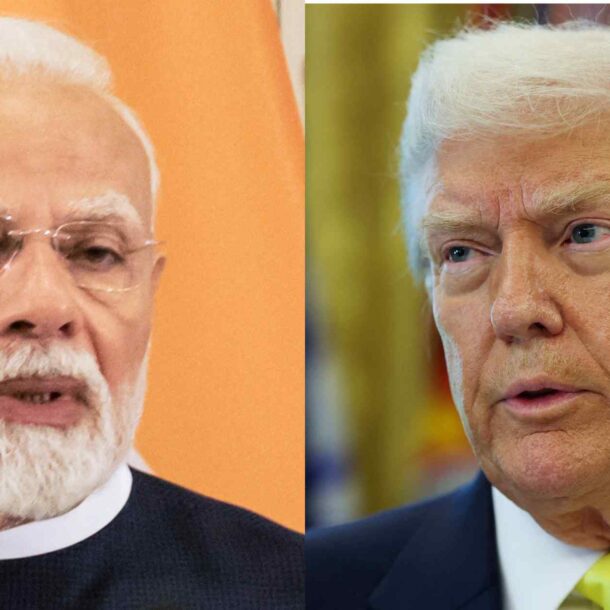Hello from Tokyo. The turmoil over U.S. tariffs under the Trump administration continued this week, and Apple — a symbol of American technological pride — is now caught in the crosshairs.
On Thursday, Japan time, Apple CEO Tim Cook announced an additional $100 billion investment in U.S. component production. The move comes as both China and India, where the company manufactures iPhones, face the threat of steep tariffs. This follows an earlier pledge made in February to invest $500 billion in the U.S. Now, the complex global supply chain the tech giant has spent years building — centered around Asia — appears headed for major upheaval just over six months into the Trump administration.
Trump said at a White House event on the same day that he would impose an “approximately 100%” tariff on chips and other semiconductor products. If implemented, this would place a heavy burden on the U.S. tech industry and, ultimately, consumers.
For business leaders navigating these unpredictable policies, one option might be to “duck and wait.” It’s impossible to continually overhaul billion-dollar investment plans every time the president makes a new announcement. Even if a company agrees to build a U.S. factory to meet Trump’s “Made in America” demands, the administration may already have changed by the time the facility is up and running. Still, when people like Apple’s Cook are publicly singled out by Trump, they have little choice but to act.
Asia is home to many technologies that cannot be manufactured in the U.S., such as the cutting-edge semiconductors made by Taiwan Semiconductor Manufacturing Co. Apple has long relied on these advanced capabilities to develop innovative products such as the iPhone, keeping itself at the forefront of the tech industry. Unpredictable tariffs not only disrupt this global ecosystem, they also place a drag on one of America’s most iconic companies. For more on this evolving story, log in to Nikkei Asia.
My suggested reads
1. Nikkei Asia’s Cheng Ting-Fang broke the story that Taiwan Semiconductor Manufacturing Co. fired several workers over the suspected theft of trade secrets related to the chipmaker’s most cutting-edge technology, 2-nanometer production. The case is now being investigated under Taiwan’s National Security Act of 2022, aimed at protecting the island’s vital tech supply chain.
2. China’s automakers have made inroads in global markets with a combination of affordable prices and impressive technology. Now they have set themselves a new goal: cutting foreign-made chips out of their cars. They are particularly keen to replace Nvidia, as unpredictable U.S. trade polices put their continued access to the American chip titan in question.
3. Australia is set to acquire Japanese-built frigates for its navy in a landmark agreement with Mitsubishi Heavy Industries and others, our correspondent in Sydney reported on Aug. 4, a day before the decision was officially announced. If the deal goes through, it would mark Japan’s first export of a warship.
Wishing you a wonderful weekend!
Akito Tanaka









